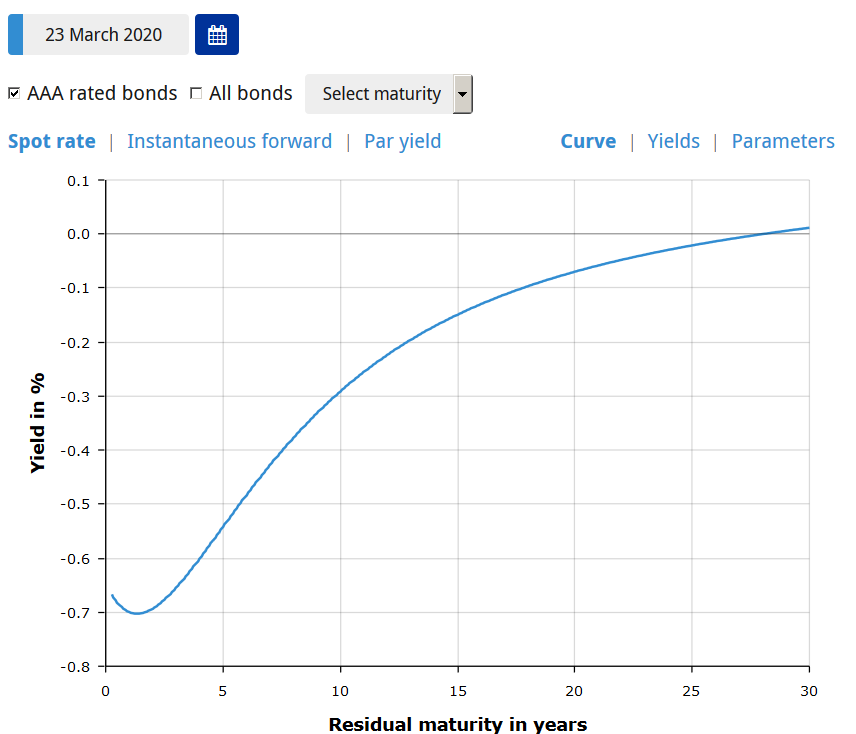Re: Ok, Cards on the table
Very true, especially so with the 2x leveraged funds. You need to be nimble and set a stop-loss. Take profits and never, ever hold over a weekend. But they're an effective hedge against long positions in a downward or sideways market.
Originally posted by jk
View Post



Comment